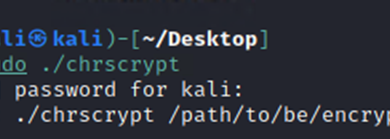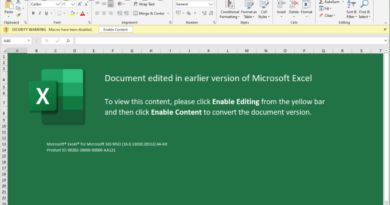What the Norton-Avast Merger Means for Cybersecurity


NortonLifeLock and Avast announced an $8 billion deal which will see the two consumer cybersecurity vendors merge their respective businesses. The two have highlighted the “compelling strategic and financial rationale” behind the merger, but what will the impact really be on customers and the cybersecurity industry?
While the devil is in the details yet to emerge, there are some concerns that consolidation of two major players may push up prices, whilst making life easier for the cyber-criminals.
What is next for customers?
Although yet to be approved by regulators, the deal announced on August 10th will mark a major turning point for both companies. Under its terms, Arizona-headquartered NortonLifelock will acquire all of Avast’s shares, estimated to cost between $8.1-$8.6 billion. NortonLifeLock’s CEO, Vincent Pilette, will remain in charge, while Avast boss Ondřej Vlček will become the new firm’s President. The vast majority (87%) of its 500 million customers will hail from Avast, and the new firm will be jointly headquartered in the Czech Republic capital of Prague, and Tempe, Arizona.
In many ways, the market was ripe for a major deal like this—given the sheer number of independent security players, that sells to consumers. Even though Avast had hoovered up several “freemium to premium” Eastern European rivals over recent years—including AVG and Avira—making it an attractive prospect for Merger & Acquisition (M&A) activity.
So, what can customers expect? On the one hand they may benefit from access to an enhanced portfolio of products that seeks to merge Avast’s stated strength in privacy and NortonLifeLock’s self-described focus on identity. As the companies begin to build a shared future, customers will also be hoping for greater clarity on this roadmap.
Trend Micro’s first half of 2021 Cyber Risk Index showed that consumer and customer data is the 4th highest at risk worldwide. As such, businesses need to have strategies in place for protecting this high valued data. Yet major vendor consolidation in cybersecurity also introduces new risks for customers. If the firms merge their respective codebases, for example, it will become easier for threat actors to engineer ways to circumvent these products. It’s claimed that Avast and AVG did this after their M&A deal and today the brands earn identical scores in most AV tests, “because under the hood it’s the same code being tested.” The same report suggested that headcount at the new Norton-Avast firm may be reduced by up to 25%. If this leads to a reduction of malware researchers then innovation may also suffer, making customers less secure.
How Trend Micro shapes up
Trend Micro has a comprehensive range of industry leading cybersecurity tools designed to protect every aspect of consumers’ digital lives—from laptops and mobile devices to smart home networks, passwords and online safety for kids and families. There are several reasons why it’s unlikely this business will be particularly threatened by the NortonLifeLock-Avast deal.
First, most Avast revenue comes from Europe, which is not a focus for Trend Micro’s consumer business. The Czech firm’s smaller US market presence will also be less of a threat buried inside Norton. Going forward, there’s no hint yet that the deal will endanger the freemium model that accounts for so much of Avast’s historic success. But there’s always a risk that vendor consolidation leads to higher prices for customers. If that does happen, consumers can be assured that Trend Micro will always look to offer competitive, feature-rich alternatives to the market.
Read More HERE



